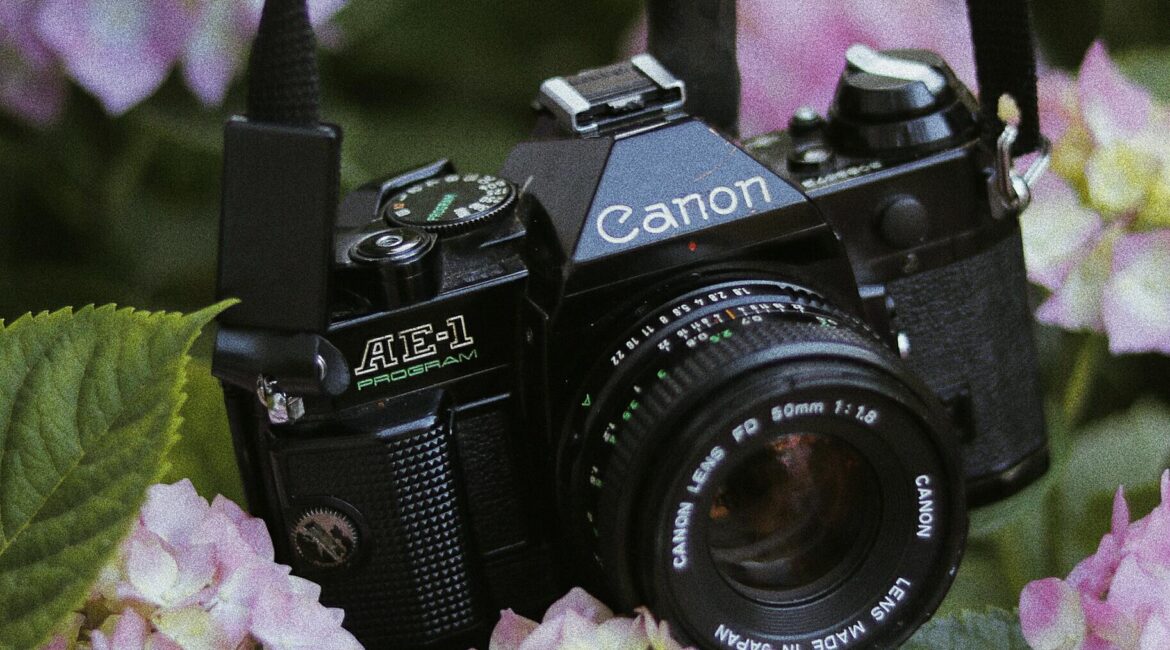Can We Review My Inspiration Together to See if My Vision Will Work?
Getting married by the water brings a unique aesthetic. Before booking anything, it’s helpful to define your vision. One of the best ways to do this is by gathering visual inspiration. Photos, mood boards, and saved images help convey the exact style you’re dreaming of for your waterfront venue.
Start by searching platforms like Pinterest, Instagram, and bridal blogs. Look up real weddings by lakes, ponds, or waterfront venues. Save images that reflect your personality and the feeling you want your wedding to have. Wide landscapes, cozy close-ups, and creative compositions all give insight into your taste.
Once you’ve gathered your inspiration, ask your photographer to review it with you. Rather than using broad terms like “natural” or “artistic,” consider sharing a few photo examples that show your ideal style. Working together like this builds trust and ensures you’re both on the same page from the start.
This collaboration also helps align expectations. It lets you discuss how your vision could translate to your chosen venue and timeline. Getting married by the water creates endless photo opportunities, but thoughtful planning ensures they reflect your style and personality.
This research also includes more than just style. Note what you love about the poses, lighting, backdrops, and even the way props are used. All of these elements come together in your gallery. Getting married by the water gives you countless photo opportunities, but your inspiration will guide how they come to life.
What Time Should We Schedule the Ceremony for the Best Light?
Natural light changes everything. Getting married by the water means you’ll need to plan around sun position. Golden hour shots only happen when the ceremony is scheduled correctly.
Ask your photographer what timeoffers the best light. The hour before sunset usually creates soft, dreamy tones. Direct sun, especially at noon, can cast harsh shadows. Early morningceremonies offer gentle lighting too, but the mood feels very different.
If sunset photosmatter to you, lock in a late-day ceremony time when you book the venue. Be specific with your timing. A few minutes can make a huge difference in lighting quality.
Golden hour makes lakeside photosshine. The reflections on the water glow, your skin tone stays warm, and your whole gallery takes on a romantic feel. Getting married by the water means you have to think about more than the view — light defines everything.
How Do You Guide Couples Through Poses That Feel Natural?
Posing doesn’t have to feel awkward. If you want candid, authentic photos, your photographer needs to direct without over-posing. Getting married by the water adds movement, flow, and openness to your waterfront venues. Your poses should reflect that freedom.
Ask how they coach couples who aren’t used to being in front of the camera. Do they offer prompts to help you laugh naturally? Do they focus on movement, like walking or spinning, to keep the moment alive?
You can also share poses you love during your inspiration research phase. Are you drawn to forehead kisses, quiet embraces, or full-body motion shots? A photographer who reviews your photo mood board ahead of time will know exactly how to guide you.
Dynamic posing leads to emotional, memorable photos. Static positions can feel staged. But relaxed movement and real expressions create timeless moments that feel true to your love story.
Can You Help Plan for the Ideal Backdrops and Decor Moments?
Your venue is already beautiful. Getting married by the water gives you a natural canvas on the waterfront venues. But every great gallery includes some styled detail shots that reflect the couple’s personality.
During your inspiration research, take note of lakeside decor ideas you love. Do you want a floral arch with flowing greenery? Rustic wood signs? Elegant candles or draped fabric near the water?
Ask your photographer how they plan to capture your space. Will they photograph the altar before guests arrive? Can they snap wide shots that show your ceremony layout in full?
Detail photos matter. They document all the planning you’ve done. These shots also add variety to your wedding album. Even simple props like vintage rugs, lanterns, or framed signage can elevate the look.
Make sure your photographer knows what decor you care about most. That way, nothing gets missed during the whirlwind of the day.
How Will You Handle Lighting Challenges Near Water?
Water reflects and distorts light. Getting married by the water means your photographer needs to know how to manage glare, backlighting, and shifting tones.
Ask how they adapt to natural reflections. Can they shoot in both bright sunlight and cloudy conditions? Do they bring diffusers or flash to adjust on the fly?
Look at sample galleries taken in similar settings. Do the images feel balanced? Can you see detail in both the background and faces? Light plays differently over water. Some areas may be extra bright while others fall into shadow.
Also consider how they manage quick changes. Weather shifts fast outdoors. A good photographerneeds to adjust their settings with ease.
Our highly experienced team has taken hundreds of outdoor lakeside weddingphotos. They know how to make every lighting condition look magical. You want images that feel consistent from start to finish. Well-managed lighting ensures every moment, from your vows to your first dance, is beautifully preserved.
What Should I Know About Makeup That Lasts Outdoors?
Photos only shine if you feel confident. Getting married by the water can mean heat, humidity, or breeze — all of which affect your look.
Ask your photographer for advice on makeup that lasts in outdoor conditions. They’ll know which types of products work best under natural light.
Long-wear foundation, waterproof mascara, and setting spray are usually non-negotiables. Matte formulas tend to hold up better under sun exposure. Avoid anything too shiny or oily, as it may reflect light oddly.
Also consider blotting papers and touch-up kits. A quick powder reapplication before photos can keep your skin looking smooth.
Your inspiration research will help here too. Pay attention to makeup looks you’re drawn to. Do you prefer a natural, dewy finish or a more polished look? Show your makeup artist and photographer examples so everyone stays aligned.
Can You Capture Nighttime or Golden Hour Moments?
Some of the most breathtaking wedding photos happen right before or after sunset. Golden hour creates soft, flattering light. Nightfall adds mood and romance.
Getting married by the water means these moments can be especially magical. But you must schedule for them. Ask your photographer if they plan golden hour or evening shotsinto your photo timeline.
Be sure the venue timing supports your goals. Booking your ceremony at the right time ensures you don’t miss this light. Even ten minutes off schedule can change the outcome.
If you love the look of glowing lanterns, candles, or twinkle lights, ask how your photographer handles low light. They may use flash or long exposure to get crisp, romantic images.
Don’t overlook your reception setting. Photos of the lake at night, with reflections and lighting details, create a powerful ending to your album.
Final Thoughts: Make Your Vision Clear
The key to unforgettable lakeside photos is clarity. Know what you want before the big day. Inspiration research helps define your style. The right questions help you find a photographer who can deliver.
Getting married by the water offers stunning visuals. From glowing sunsets to scenic backdrops, your gallery should feel true to your vision. Start early, do your research, and keep the conversation open.
A lakeside wedding is more than a location. It’s a full visual experience. Make sure every photo reflects what you imagined when you first started planning.
FAQ: Getting Married by the Water
How early should I book my photographer?
Nine to twelve months ahead is ideal. Earlier is better for popular dates.
What should I include in my inspiration board?
Save photos of poses, lighting, decor, and makeup you love. Include notes on why they speak to you.
When is golden hour for wedding photos?
It usually starts one hour before sunset. Ask your photographer for the exact time based on your wedding date.
Can I still get good photos if it rains?
Yes. A skilled photographer will adapt to the weather. Bring umbrellas or a tent for stylish coverage.
How do I keep my makeup looking fresh?
Use long-wear and waterproof products. Carry blotting paper and powder for quick touch-ups.

